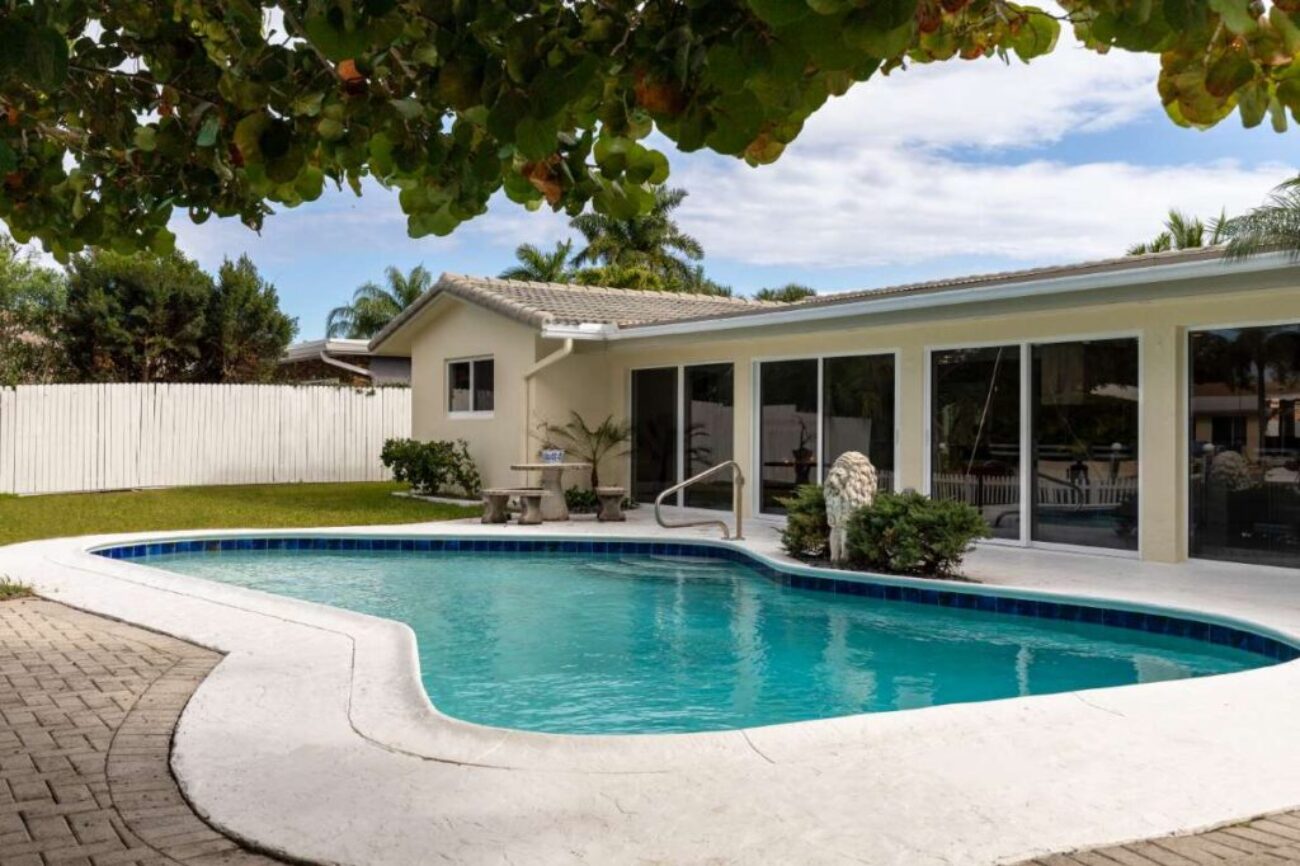How effective route planning can significantly enhance your business profitability and operational efficiency.
How Effective Route Planning Increases Your Bottom Line
Efficient route planning is a crucial aspect of any service-based business, especially in the pool maintenance industry. It can lead to significant cost savings, improved customer satisfaction, and ultimately increased profitability. In this blog post, we will explore the various ways effective route planning can enhance your bottom line, discuss the key components of a successful route planning strategy, and provide actionable insights that can be implemented in your business operations.
Introduction
In today’s fast-paced business environment, efficiency is king. The ability to optimize routes not only enhances service delivery but also plays a significant role in reducing operational costs and increasing customer satisfaction. For pool service entrepreneurs, effective route planning can be the difference between a thriving business and one that struggles to keep up with competition. This article will delve into why effective route planning is vital, how it impacts your bottom line, and the steps you can take to implement a successful strategy.
The Importance of Efficient Route Planning
- Efficient route planning is essential for minimizing travel time and fuel costs. In the pool maintenance industry, where service providers often travel considerable distances between appointments, optimizing routes can lead to substantial savings. According to the United States Department of Energy, businesses that optimize routes can reduce fuel consumption by up to 30%. This not only leads to lower operational costs but also contributes to a greener environment.
- Additionally, effective route planning allows service providers to increase the number of appointments they can handle in a day. By ensuring that technicians are working in the most efficient order, businesses can maximize productivity. For example, a pool service business with an optimized route might be able to service five additional pools per week, translating to thousands of dollars in extra revenue.
- Furthermore, efficient routing is directly related to customer satisfaction. When service appointments are scheduled effectively, customers are more likely to receive timely service, which builds trust and encourages repeat business. A study conducted by the American Society of Quality found that timely service delivery increases customer loyalty by 25%, which can significantly influence your bottom line.
Key Components of Effective Route Planning
- One of the first steps in effective route planning is understanding the geographical layout of your service area. Utilizing mapping software or GPS tools can help you identify the shortest and most efficient routes. By analyzing traffic patterns and peak hours, you can further refine your scheduling to avoid delays and ensure timely service.
- Another crucial component is collecting and utilizing data. By tracking previous service appointments and customer locations, you can identify patterns that help in future planning. This data-driven approach allows for more accurate estimations of travel times and helps in adjusting routes based on real-time conditions.
- Implementing technology is also vital in optimizing routes. Tools like route optimization software can automate the process, providing real-time updates and suggestions based on changing conditions. Moreover, as your business expands, these technologies can easily adapt to new routes and customer locations, ensuring continued efficiency.
Case Studies: Successful Route Optimization
- There are numerous examples of businesses that have successfully enhanced their profitability through effective route planning. For instance, a pool service company in Florida implemented a route optimization software that analyzed their service area and helped restructure their service routes. As a result, they noted a 20% reduction in fuel costs and an increase in the number of serviced pools per day. This translated directly into higher profits and improved customer satisfaction.
- Similarly, a Texas-based pool maintenance service utilized geographic information systems (GIS) to better understand their service area. By visualizing customer distribution and service demands, they could optimize their service schedules and reduce travel time. This approach not only improved service efficiency but also allowed them to expand their customer base without increasing their operational costs.
- These case studies illustrate that effective route planning is not a one-time effort but an ongoing process that requires continual analysis and adjustment. Businesses that embrace this mindset often find themselves ahead of the competition, enjoying higher profitability and a more loyal customer base.
Best Practices for Route Planning
- To achieve effective route planning, it is essential to establish clear objectives. Define what success looks like for your business in terms of travel time, fuel costs, and customer satisfaction. Setting measurable goals will provide a benchmark against which you can evaluate the effectiveness of your route planning efforts.
- Regular training for your staff is another best practice. Ensure that your team understands the importance of route optimization and is equipped with the tools needed to implement it effectively. Ongoing education on using software and technology can enhance their efficiency and effectiveness.
- Additionally, consider customer preferences when planning routes. For instance, some clients may prefer morning appointments, while others may be available later in the day. Flexibility in scheduling can enhance customer satisfaction and loyalty, leading to repeat business.
Expanding Your Pool Business with Effective Route Planning
- As your pool service business grows, so does the complexity of your route planning needs. Expanding to new areas can be challenging, but with effective route planning, you can optimize your service delivery across a broader geographic region. By applying the same principles of efficiency and data analysis to new locations, you can ensure that your expansion efforts are both strategic and profitable.
- Investing in advanced route optimization tools can facilitate this growth. Many solutions offer features specifically designed for businesses in the service industry, allowing you to manage multiple routes seamlessly. Utilizing these tools can streamline operations, reduce costs, and enhance service delivery, letting you focus on growing your business rather than getting mired in logistical challenges.
- Furthermore, consider collaborating with a pool business broker to identify opportunities for acquiring established routes in new markets. This approach not only allows for immediate revenue generation but also gives access to an existing customer base, which can be leveraged for further growth.
Conclusion
In conclusion, the importance of effective route planning cannot be overstated when it comes to enhancing your bottom line in the pool maintenance industry. By minimizing costs, increasing productivity, and boosting customer satisfaction, well-planned routes directly contribute to higher profitability. As you consider your strategies for growth, remember that investing in technology, training, and data analysis will pay off in the long run.
If you’re ready to take your pool service business to the next level through route optimization or are interested in exploring opportunities such as Pool Routes for Sale, contact Tower Business Brokers today. Our team of experts is here to support your journey toward successful pool route ownership and operational excellence.



